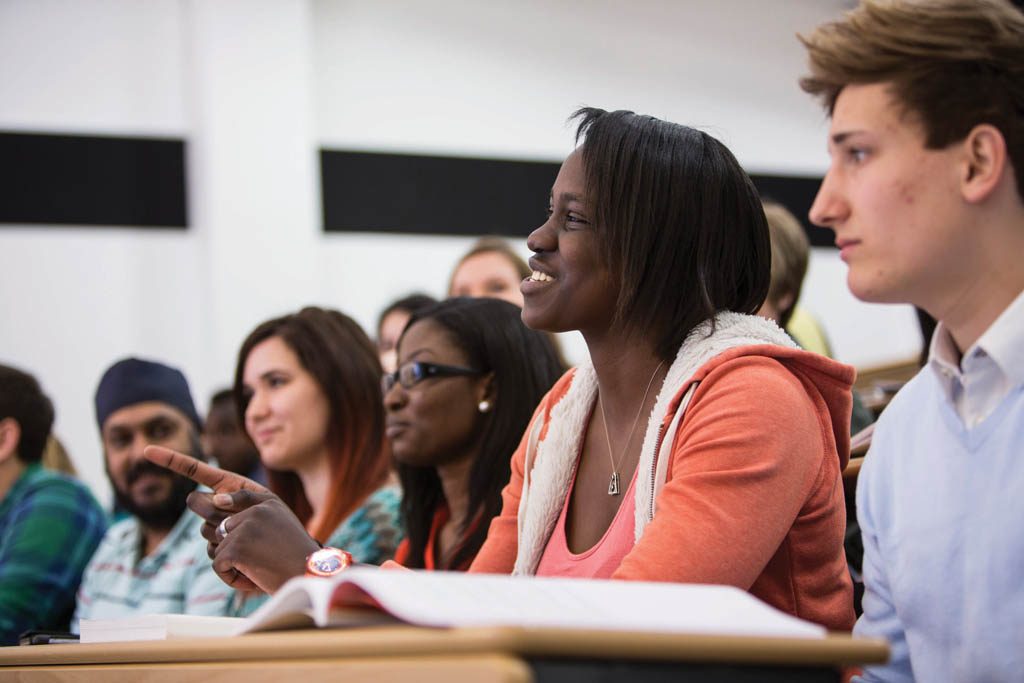Monday 20th June 2022
Darwin Conference Suite, Canterbury
Deadline for Submissions 28 February 2022
Rethinking assessment and feedback designs for learning enhancement
As teachers, we are designers. How we design assessments and opportunities for feedback enactment are critical aspects of teaching practice. Assessment design offers a key point of leverage for enhancing education, because many students strategically focus on it. While students may skim assigned readings or skip lectures, they must complete assessments to progress. Higher education assessment also structures many hours of students’ independent effort and influences classroom preparatory activities educators design. Thus, improving assessment can have a big impact on student learning. How do you create motivating, stimulating and challenging assessments? Do you build in choice, invite students to connect to their own experience, or contextualise concepts in realistic contexts? Do you integrate across multiple topics or skills? How do you use friendly competition (e.g., teams competing against one another in low stakes settings) to promote engagement? How authentic are tasks to the world of work or to the thinking processes of the discipline? How do programmes create successively more complex assessments or address specific learning objectives or competencies in different assessments as students progress? How are employability skills or graduate attributes integrated into disciplinary assignments? Are there unique signature approaches to assessment within your discipline?
Likewise, feedback can be one of the most powerful ways of enhancing students’ learning if students are prepared to seek out or use all available sources of feedback to improve their subsequent work. Teachers can and do design opportunities into their curricula for students to receive, interpret, and act on feedback. Those opportunities can act as a bridge between the assessments students are completing and the teaching environment. Students harnessing the power of diverse potential feedback sources that exist within the learning environment is one area that is developing within feedback research and practice. The challenge for teachers is how we help our students to attend to a wider range of sources of feedback information. These might include noticing and interpreting information from various technologies used in our disciplines. In recent years the emergence of new digital tools for automating feedback make it easier to provide feedback, for example, on accuracy. Similarly, the Covid-19 period has resulted in many assessments and associated feedback taking place solely online. In all the conversations relating to feedback, enhancement of student learning needs to be at the forefront. How do we create meaningful opportunities for feedback to be part of the conversation in our classrooms? How authentic or signature is feedback within our disciplines? How do we, as teachers, help our students to appreciate, seek out and enact feedback from differing sources? How have feedback practices changed or evolved during the Covid-19 period? What potential opportunities does technology provide for feedback and the enhancement of student learning?
We invite proposals for workshops, discussion papers, mini-presentations and posters from University of Kent staff involved in teaching or supporting students’ learning (including GTAs, HPLs and professional services staff) that address the conference theme. We particularly encourage collaborative presentations with students. Sessions should involve reflection, exploration, scholarship and evaluation as well as describing activities undertaken. Proposals should focus on innovation/initiatives and/or evaluation/research in improving assessment and/or feedback in areas such as the following:
- Diversifying assessments as part of diversifying the curriculum for cultural and racial inclusivity
- Gamification
- Digital tools for automating or innovating processes
- Using questions and unmarked tasks strategically and systematically to enhance seminars, labs or lectures
- Authentic assessments
- Wider audiences for student work, such as presentations or performances for the community or business stakeholders
- Promoting self-feedback or peer feedback
- Noticing, interpreting, and making changes based on feedback from technologies of the discipline (e.g. lab equipment readings, results of computer code, sense-making of statistical data and outputs)
- Innovative use of materials, spaces, or technologies
- Co-curricular, partnership, work-based, or employability activities
Workshop: One hour workshops which engage participants in interactive learning activities. Your proposal should highlight how you propose to actively engage colleagues during the workshop.
Discussion paper: Longer presentations. Discussion papers are best suited for complex presentations that involve multiple innovations. The emphasis should be on drawing out lessons for and with others, and involving participants in engaging with your findings and ideas.
Mini-presentations: Short presentations (no more than 10 minutes) highlighting a promising practice.
Poster (A1): Visual display that invites colleagues to talk with you about your innovation, project or lesson learned.
Contributions from individuals or groups are welcome, particularly those that involve students.
Proposals will be assessed according to the following criteria:
- Contribution to the conference theme.
- Clarity and coherence of the proposal, including the problem or question addressed, and findings or solutions offered.
- Theory and/or evidence suggesting the effectiveness of highlighted practices, solutions or findings or quality of reflection on lessons learned.
- Likely value to a range of participants across the University of Kent.
The deadline for receipt of proposals is the 28 February 2022. To submit a proposal, please complete the online form here.
To book a place at the conference, please sign up via Eventbrite by 13 June 2022.
If you have questions in the meantime, please email heprogsadmin@kent.ac.uk.

